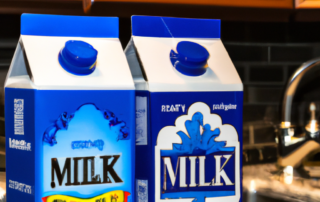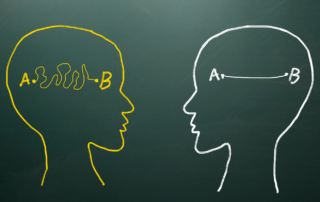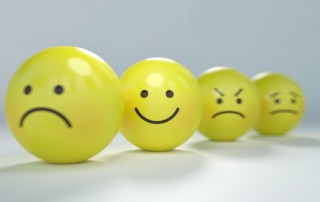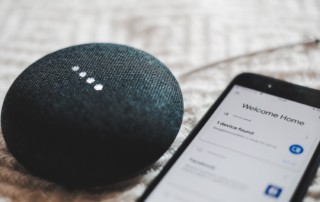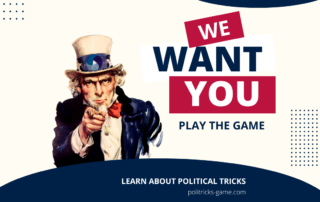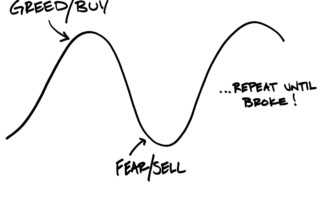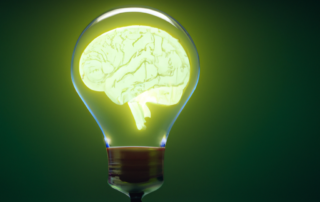How the Science of Storytelling Can Drive Behavior
Research suggests that human beings have a natural tendency towards seeing deeper meaning in ordinary things. We don’t just appreciate an object’s physical features, we also perceive its deeper, hidden meaning; its soul. This is especially true when it comes to products. The perceived "soul" of a product deeply impacts how a consumer values it. Marketers can directly craft the deeper meaning of their products through clever storytelling.




